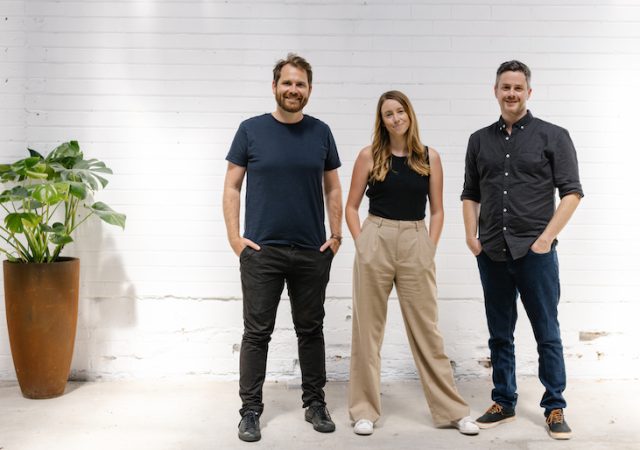Sometimes when you present the opportunity as “we just need you to build what we specify” you’re taking away the biggest motivation there is.
If you’ve been working in startups for a while, you’ll be familiar with this kind of request:
Seeking: Technical Cofounder
I am looking for someone to join us as a technical cofounder in a validated problem space in {startup sector}. We’ve been accepted into {accelerator} and we have our first customers keen to sign up as soon as we can ship.
With strong product and commercial validation already, we’re looking for someone to help us develop our MVP. Experience with APIs and integrating with SAAS platforms like {brands} would be great but over the long term this will scale into something much bigger. Experience with developing {startup sector} products is not necessary but is welcome.
If the opportunity to collaborate on the idea from day zero has passed, what big, interesting things still need to be collaborated on?
If there aren’t any, do you really need a technical cofounder, or is this really a senior software engineer who manages a team and delivers on your requirements?
Many pitches for tech cofounders seem to claim that all the problems are solved and that only the execution remains.
I think this stems from a founder’s habit of pitching their startup to investors as if the startup is a sure bet, that all of the major challenges are either solved, or their solutions are known (not that this ever works with investors!) But there it is.
If you want to motivate a potential tech cofounder you need to rephrase your elevator pitch to be all about the interesting problems yet to be solved before the startup succeeds.
Some potential tech cofounders will tell you they’ve already solved the problem at startup X and it’s trivial, that it wouldn’t even be challenging. That doesn’t sound like someone who’d be motivated to stick with you during the hard times.
Or that they already solved it working solo but aren’t interested in bringing it to market as part of a team because they’re a lone wolf. That doesn’t sound like someone who wants to develop into an inspiring technical leader.
Good potential tech cofounders know about startup X but can see that there’s probably a better way, and just can’t let that interesting problem go by without wanting to do just a little work on the answer, just to prove that maybe it’s not as big or as unsolvable as the rest of the world thinks it is. That’s a great entree into working on the problem together, and into figuring out what it might take to get them out of their current job and working on the problem full-time.
Great potential tech cofounders will tell you they have a broad understanding of how to chunk the problem up into addressable bits, and that they would really get a kick out of bringing on some less experienced engineers and working on knocking those mini-problems into maxi-solutions.
Being public about how much you have still to figure out is scary but necessary.
Build your startup in public.
Ask for help with the intractable and interesting problems. Engineers like to solve problems.
Transparency creates authenticity, and authenticity is the new vantablack.




















Trending
Daily startup news and insights, delivered to your inbox.